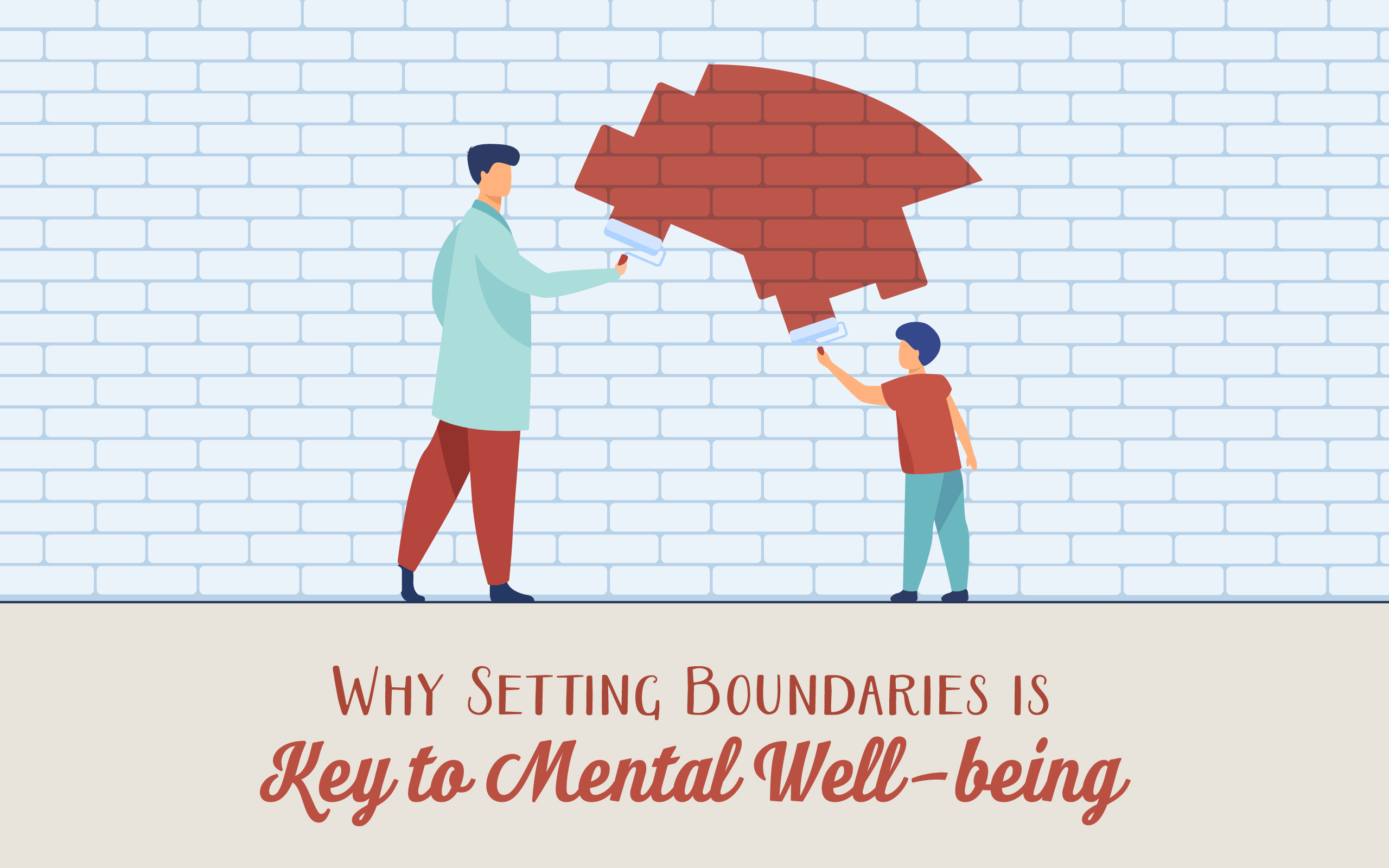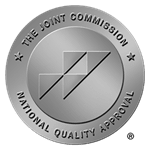Why Setting Boundaries is Key to Mental Well-being
Many of us move through life without ever being taught how to clearly communicate our limits, how to say ‘no’ without guilt, or how to honor our own emotional and physical needs. The idea of setting boundaries can feel uncomfortable, or even selfish.
But the reality is, boundaries are not barriers. They are essential structures that support healthy relationships, emotional resilience, and mental well-being. Without them, we risk chronic stress, burnout, and disconnection from ourselves and the people around us.
At Barn Life Recovery, we believe that learning how to set and maintain healthy boundaries is one of the most important steps in supporting your mental health. Boundaries create the space we need to heal, grow, and engage with the world from a place of clarity and self-respect.
What Does it Mean to “Set Boundaries”?
Setting boundaries means defining and communicating what is acceptable for you – physically, mentally, and emotionally. It is about recognizing your own needs and limits and being able to express them clearly to others.
Contrary to popular belief, boundaries aren’t about controlling the behavior of others – they’re about honoring and caring for yourself. While it’s easy to think of boundary-setting as a response to what we won’t tolerate from other people, the most effective and sustainable boundaries begin with a much different question: What do I need in order to feel healthy, balanced, and well?
Physically
Physical boundaries involve the ways we care for and protect our personal space, body, and physical energy. They might include expressing your comfort level with touch, communicating when you need rest, or setting limits around interactions that feel unsafe or unwelcome. These boundaries support a sense of safety, autonomy, and respect for your physical well-being.
Mentally
Mental boundaries help safeguard your thoughts, focus, and overall cognitive health. They involve being intentional about how much information you absorb, how you engage in discussions, and how much influence you allow from the opinions or emotions of others. By maintaining clear mental boundaries, you create the space to stay centered and present – without becoming overwhelmed or mentally drained.
Emotionally
Emotional boundaries allow you to care for others with compassion while remaining grounded in your own experience. They help distinguish between offering support and taking on someone else’s emotional burdens. Setting these boundaries involves expressing your feelings openly and making sure your own emotional needs are honored, creating room for healthier, more balanced connections.
Why Setting Boundaries is Important
Without healthy boundaries, maintaining balance in our relationships, work, and daily lives becomes increasingly difficult. Over time, the absence of these clear limits can quietly give way to chronic stress, resentment, exhaustion, and emotional disconnection.
Boundaries are not about creating distance; they are what make true connection possible. They allow us to engage with others in ways that feel sustainable, preserving our capacity for compassion without sacrificing our own well-being. When rooted in mutual respect, clear communication, and trust, boundaries strengthen relationships rather than strain them.
By setting boundaries, we allow ourselves to show up more fully, grounded in integrity, self-awareness, and care for both ourselves and those around us.
Examples of Healthy Boundaries
Boundaries are commitments we make to ourselves – protective guidelines that support our time, energy, and emotional well-being. When we approach boundaries from this place of self-awareness, they become steady, reliable standards we hold across the board, not rules we reserve for specific people or situations.
Here are some examples of what healthy boundaries might look like in everyday life:
- Limiting work communication outside of agreed-upon hours
- Choosing not to engage in conversations that feel harmful or disrespectful
- Expressing when you need time alone to recharge
- Declining commitments that exceed your capacity
- Communicating openly about your emotional needs in relationships
- Asking for help instead of taking on responsibilities alone
How to Effectively Set Boundaries
Knowing that you need boundaries is one thing, but actually putting them into practice is another. It can feel uncomfortable at first, especially if you’re used to saying yes more often than you’d like or if you’ve been taught to prioritize harmony over honesty. But setting boundaries is a skill like any other, and the more you practice, the more natural it becomes.
The key is to communicate your needs clearly and kindly, without apology or blame. Here are a few ways boundaries can show up across different areas of life:
In a Professional Setting
At work, boundaries might mean clarifying your role, managing expectations around your availability, or speaking up when workloads become unsustainable. Communicating directly and respectfully helps create an environment where both your well-being and your professional commitments are acknowledged and supported – and you can more easily avoid burnout.
In social situations, setting boundaries often looks like limiting time with people whose behavior feels draining or unsafe, or saying no to invitations when you simply don’t have the energy to show up fully. Prioritizing relationships that feel mutual and supportive is a powerful way to protect your mental and emotional health.
In a Relationship or Partnership
Within close relationships, healthy boundaries foster open conversations about needs, expectations, and emotional well-being. They help prevent misunderstandings and build trust over time. When boundaries are set with care and respect, they create space where both people feel heard, valued, and free to show up as their authentic selves—without sacrificing their own integrity along the way.
Mental Health Coaching in Orange County, California
At Barn Life Recovery, we support individuals who are ready to build healthier boundaries, release old patterns, and create lives that feel grounded, whole, and self-honoring. Contact our team at Barn Life Recovery to learn more about our personalized treatment programs to help you find lasting relief and well-being!










